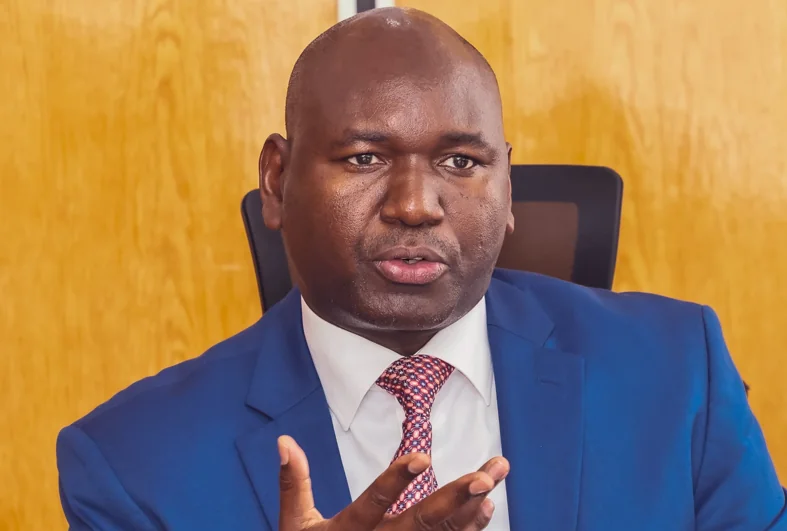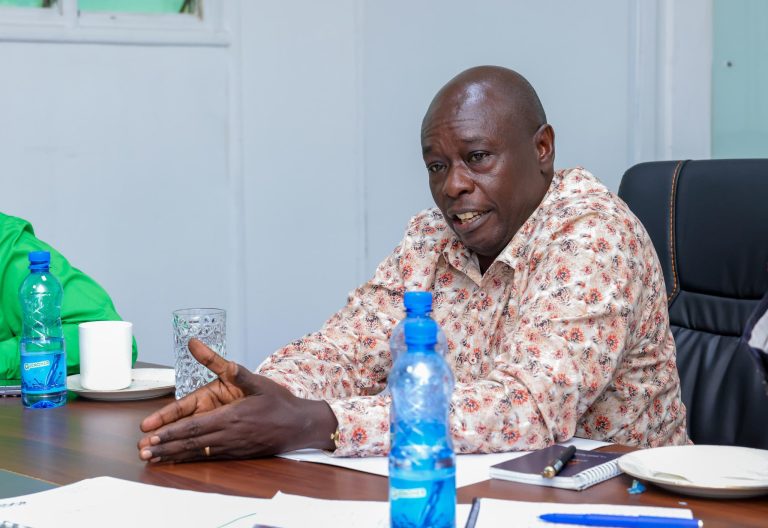Education stakeholders raise alarm over increasing skill flight

Education stakeholders have raised serious concerns over the escalating exodus of skilled Kenyan professionals to foreign countries, warning that the trend could jeopardise service delivery and hamper national development.
Speaking during the seventh Research and Innovation Week at Zetech University, Vice Chancellor Prof Njenga Munene decried the increasing brain drain, particularly in the health sector, as a threat to Kenya’s socio-economic progress.
Munene pointed out that despite a population exceeding 52 million, Kenya has only 13,340 registered doctors—translating to one doctor serving over 3,000 people.
This falls far short of the World Health Organisation’s recommendation of one doctor for every 1,000 individuals.
“To meet global standards, Kenya needs a minimum of 52,000 doctors,” Munene emphasised.
“We only have a third of that number, and even more worrying is that many among them are actively seeking job opportunities abroad,” he added.
The professor stressed that the continued outflow of professionals—especially in critical sectors such as health and education—could have long-term repercussions on the country’s development.
“This is something we need to reflect on seriously. We cannot afford to keep losing highly trained individuals who are crucial to our national well-being. Health is not something we can take for granted,” he said.
He added that the issue of brain drain extends beyond the medical profession, noting that many African professionals are now running institutions outside the continent.
“To safeguard our future, we must put in place measures that will retain skilled professionals and create enabling environments for them to thrive within our borders,” Munene urged.
In response to the shortage of healthcare workers, Zetech University has launched a nursing school, which has already received accreditation from the Commission for University Education.
The institution also plans to expand its medical programs to help bridge the gap in the health sector.
“We are also investing in research and innovation by supporting our innovators to protect their intellectual property through collaborations with our legal department,” Munene said.













